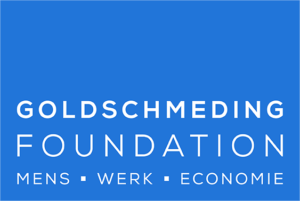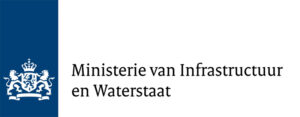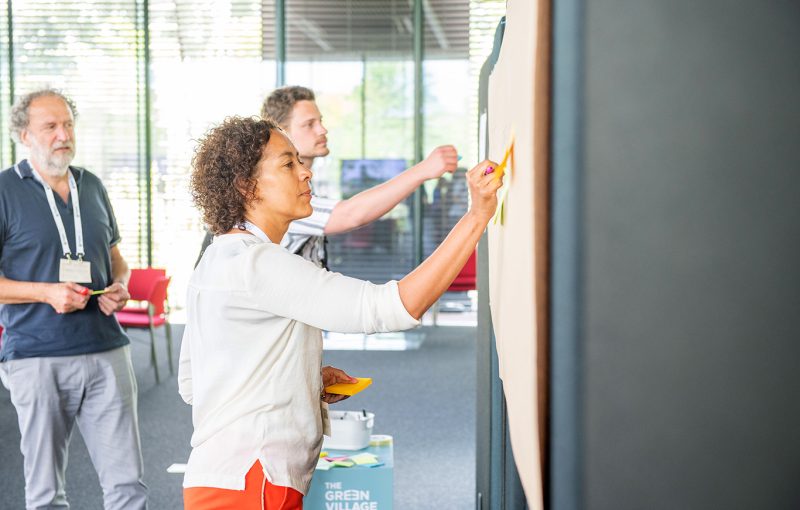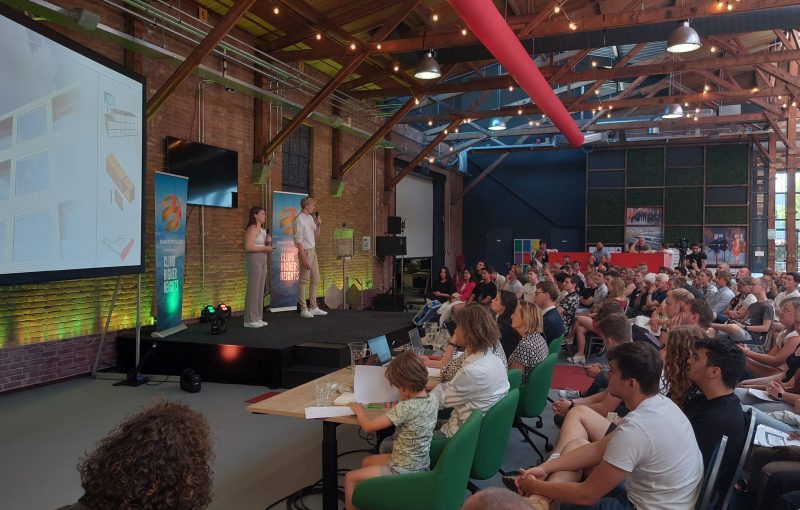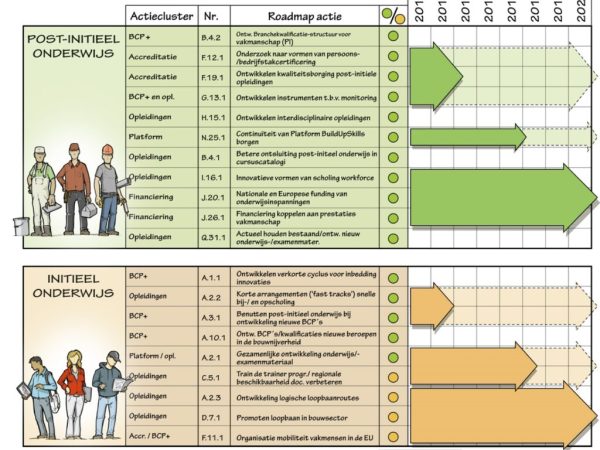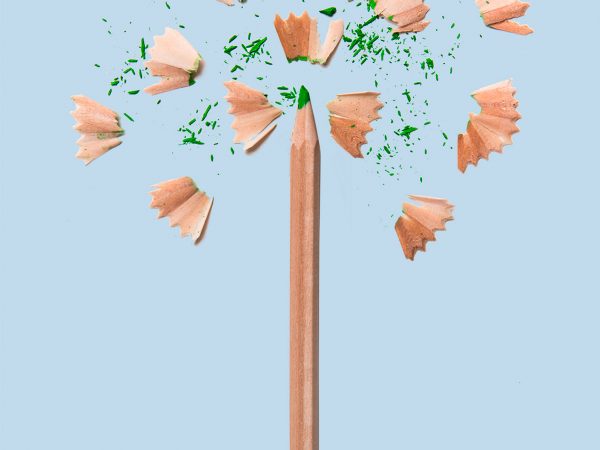Circular Skills in Construction
- What does circularity mean for construction and training?
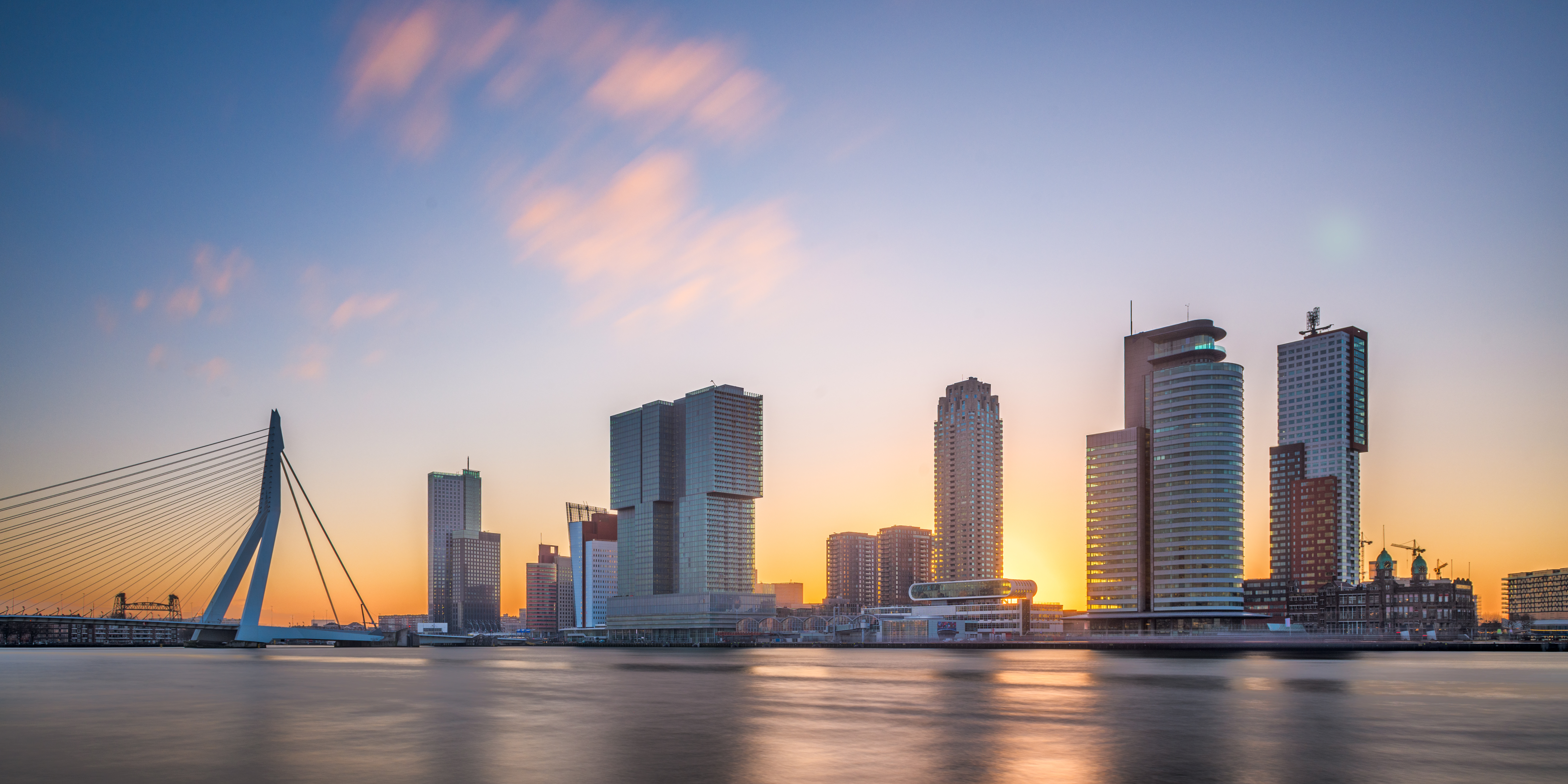
In the future, in the circular economy, buildings are properly maintained to extend their life. Then the parts are disassembled after which they can be refurbished and used elsewhere. If their quality is too low, you can recycle the parts into raw materials that are then used again in new products.
Circular construction means developing, using and reusing buildings, areas and infrastructure without unnecessarily depleting natural resources, polluting the environment and affecting ecosystems. Building in a way that makes economic sense and contributes to the well-being of people and animals. Here and there, now and later.
In this project, we investigate what the shift from linear to circular construction means for the industry and related training. It looked at:
- The skills needed to build circularly, both overarching and for different professions in the construction and installation world
- How to design well
- What didactic forms of work can be helpful here
This has resulted in an e-learning that you can here can find!
Want to know more?
Want to know more about this project? Then please contact Rob de Vrind of the Koning Willem I College.
Join Sustainability Skills!
This project has now been completed. Below we tell you how to join the program.
- Would your organization like to join one of the existing regional collaborations (Friesland; Flevoland; Utrecht; South Holland; Rotterdam)? If so, please contact Daan de Kruijf at daan@lerenvoormorgen.org.
- Does your initiative connect education, business, government and researchers at the regional level? And would you like to join the program to develop and/or grow this initiative? We would like to get to know you better. Fill in this questionnaire and we will contact you within 7 business days!
- Stay informed? Sign up for the newsletter!
No results found.
Agenda
Inspiration/News
Podcasts
No results found.
Knowledge
- VO, MBO, HO
More Projects
No results found.
